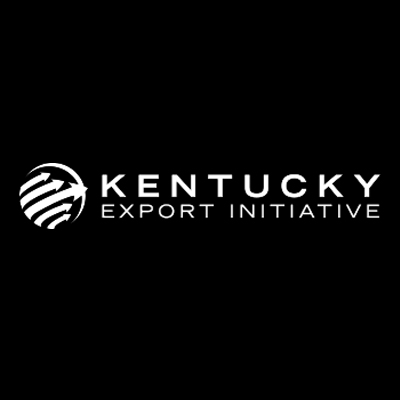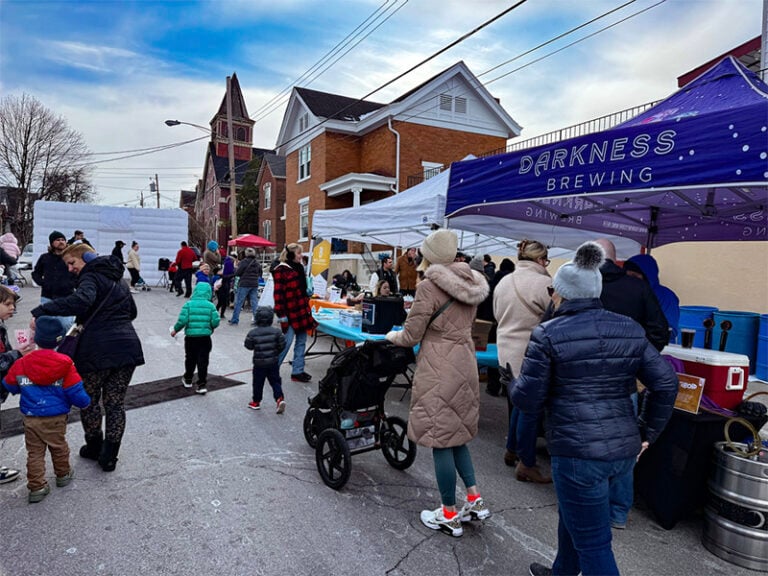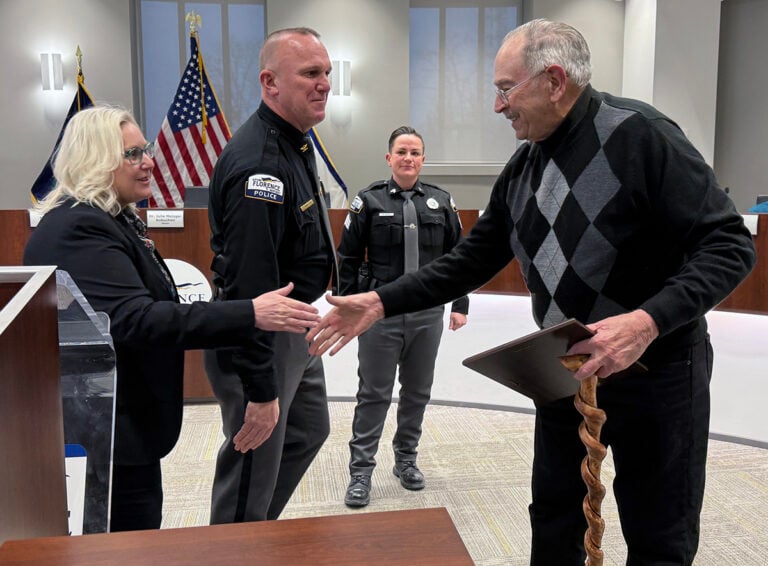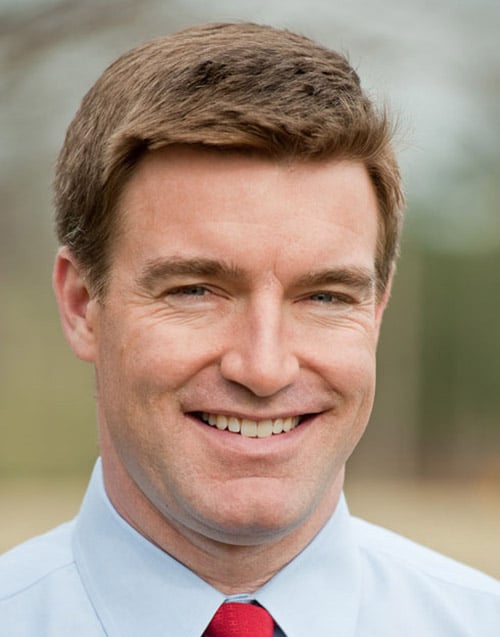By Patricia Scheyer
NKyTribune reporter
The City of Erlanger started a program under the Small Business Task Force to lend a hand to business owners in the city who wanted to improve the looks of their businesses.
The Task Force began in 2019, founded by council member Rebecca Reckers and sanctioned by City Council. Since its inception, over 50 businesses have taken advantage of the program, and some have applied for more than one loan.

That first fiscal year, the city awarded seven funding amounts totaling $32,237.50, with the average award equalling $4,605.36.
Council member Reckers is pleased with the progress of the Task Force and the great strides it has taken, especially this year.
“As the chairwoman of the Small Business Task Force, I am so proud that over $1 million dollars to date has been reinvested in our community through these programs,” said Reckers. “Since the inception of the task force and creation of three unique grant opportunities, our programs have benefited a myriad of different business types in varying industries. We have a straightforward application process available on the city’s website that outlines the criteria for each program. For this fiscal year, industries ranging from dance studios to breweries have taken advantage of our grant offerings. We have had a record-breaking year for grant utilization and still have two months to go in the fiscal year.”
Each successive fiscal year, the program has grown or maintained, as more business owners found out about the program and in the next year they gave out nine awards, with the average being $5,273.43, while the third year saw 12 awards, with the average coming in at $7,886.93. But the growth has been incremental instead of exponential, until this fiscal year.
The committee, under the guidance of Council member Reckers, has kept an eye on the program, tweaking it through the years to keep it relevant and moving forward.
“We reported to the Small Business Task Force in March that the program is having its best year yet,” said Director of Economic Development and Assistant City Administrator Mark Collier. “It is continuing to build momentum.”
In fiscal year 2024, the city gave out six awards, with a cost of $8,473.08. But so far this fiscal year, 15 awards have been distributed, a total cost so far of $7,451.49.
“Our Economic Director has been here a little over a year, but he has really gotten out into the neighborhoods and made people aware that we have this program,” said Reckers. “When people know about the program, they usually want to take advantage of it.”

Reckers explained that in addition to the $336,952.40 spent by the city, there was an amount of $1,288,159.02 that was from private investors.
This year has been the strongest year yet, with over $111,000 invested through the middle of March. Reckers attributes the growth to increased awareness and visibility through the enhanced marketing efforts by Collier.
“As predicted, a well-structured outreach strategy has significantly impacted participation,” said Reckers. “Additionally, a $64,779 backlog in outstanding requests suggest that we have a strong continued demand for these programs.”
So after initial pats on the back, the committee realized there is no time to rest on their laurels; it is in the best interest of the city and the residents to keep this program growing and thriving.
Three grant possibilities are under the umbrella in this program; the small business grant, which is what the 15 awards this year are in, a CAP grant, which is the Commonwealth Area Professional zone, and has only been used one time, and the Demo grant, which allows for demolition of buildings on a property. Two of the businesses that have taken advantage of grants are Skylight Financial and Rose Gynecology.
To encourage growth of the program, the committee decided on three main goals to implement which will increase the growth of the program. The first is to increase budget allocations, because the current demand is now exceeding the $130,000 budgeted annually, and the committee thinks that additional funding should be considered to prevent logjams, and capitalize on economic impact.
“My ask in the new fiscal year budget will be to increase the funding to $150,000,” said Collier. “The justification is evident in the $64,000 backlog. The program is really taking off now, and we want to be able to help people. In many cases, this program is just the catalyst they need to start projects.”
The second goal is to enhance marketing efforts, or to emphasize continued efforts through digital, print, and in-person engagement so they can keep the gains they have made, and continue to grow.
“Getting out into the community is vital, not only for this program, but also to let people know that their government is here to partner with businesses and help them, and it is not just an unreachable entity,” explained Collier. “People tend to think reaching out to government means encountering a tangle of red tape that is very daunting. I can be their contact in government and smooth over some of the problems, so they start to believe that this is their government, and they are more of a partner that can help rather than an unrelenting brick wall.”
A third goal is to determine new incentives, such as the ‘last mile grant,’ one so named because it is a flexible grant, determined by the Economic Director, and addresses urgent, high impact projects.
“This is by far an unvetted idea, but with Council member Reckers putting out ideas that are bigger and bolder, we can stretch the possibilities,” said Collier. “We have a culture in this city where ideas are very valuable and very important, and that shows how we continue to lead the way, and stay on the cutting edge.”
Mayor Jessica Fette couldn’t be prouder of how the program has evolved.
“Our goal in Erlanger is to create a big impact with as little red tape as possible,” she said. “We’re proud of how forward-thinking our city has become — and thanks to a collaborative, business-friendly team – Erlanger is truly open for business.”

















